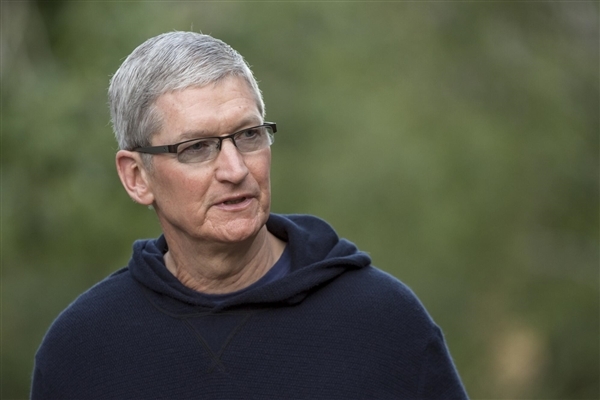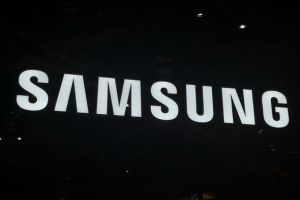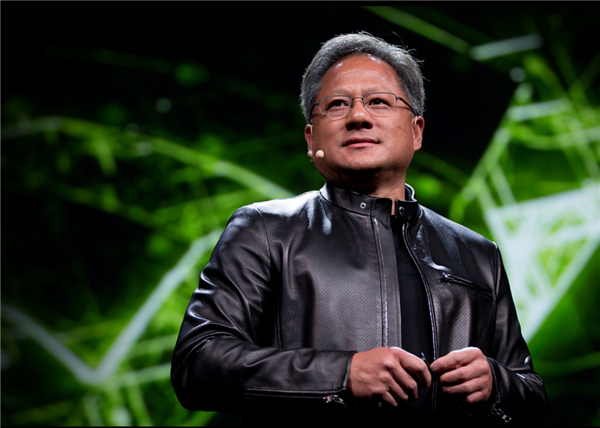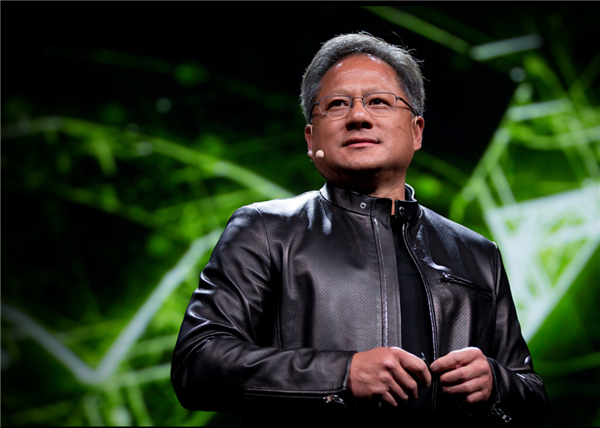May 24 2025 – In an unusual move, Apple CEO Tim Cook took the initiative to personally intervene in Texas’ legislative process to halt a child safety bill targeting the App Store from becoming law, as reported by The Wall Street Journal in a blog post published yesterday (May 23).
Cook directly called Texas Governor Greg Abbott last week, urging him to amend or veto the proposed legislation. Such direct involvement by Cook in state-level legislative matters is a rare occurrence. However, as momentum builds across the United States for age-verification laws, Apple is facing mounting pressure.
According to the blog post, Texas recently passed a child safety bill that, if enacted, would mandate Apple’s App Store and Google’s Play Store to verify the age of users before they download any application.

If a user is identified as a minor, the platforms would be required to notify parents and obtain their consent before allowing the download. This would not only alter the operational model of the App Store but also impact all developers on both platforms.
Apple has vehemently opposed the bill, primarily citing privacy concerns. An Apple spokesperson told The Wall Street Journal that if the bill becomes law, even users downloading simple apps like weather forecasts or sports scores would force app marketplaces to collect and store sensitive personal information from every Texas user.
Apple argues that age verification should not be implemented at the app marketplace level but rather at the individual app level.
To address the demand for age verification, Apple introduced new tools earlier this year, aiming to strike a balance between user privacy and age safeguards. The company does not collect birth dates or government IDs at the App Store level. Instead, it has launched simplified child account setups, APIs that allow parents to share only their child’s age range, and stricter content controls linked to Screen Time.
Moreover, Apple has significantly ramped up its lobbying efforts in Texas. Currently, the company has six registered lobbyists, compared to Google’s seven and Meta’s thirteen.












